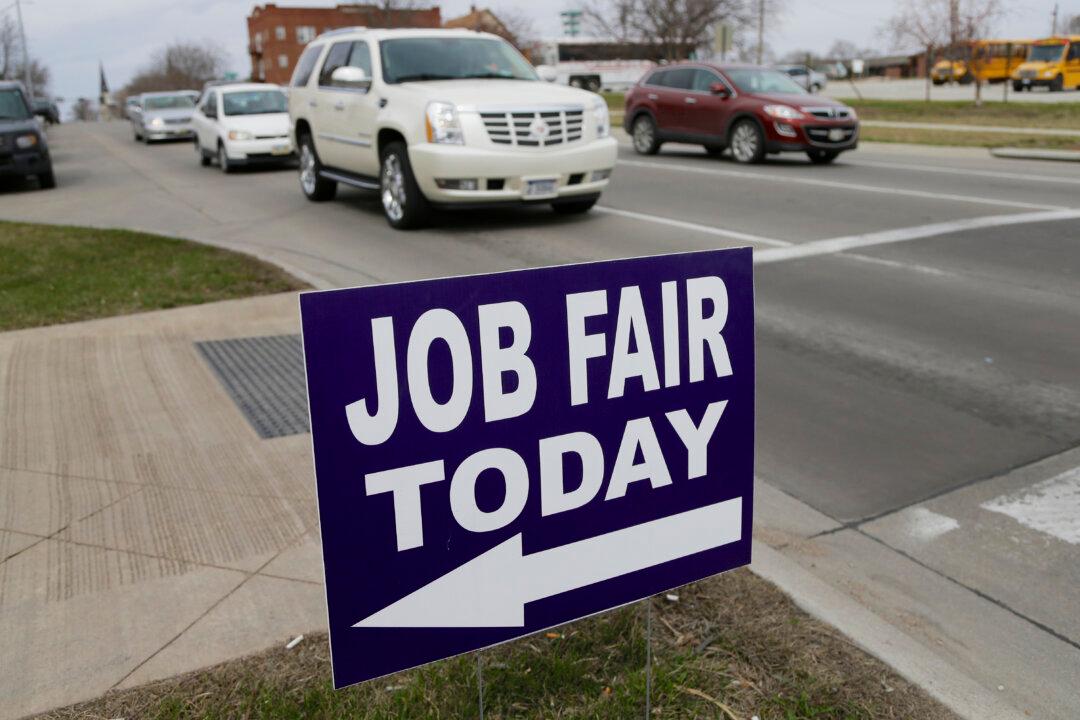A sudden plunge in mortgage rates this week raised an urgent question for millions of Americans: Should I refinance my mortgage?
Across the country, homeowners and would-be homeowners eager for a bargain rate fired off inquiries to lenders.
The opportunity emerged from the tumult that seized financial markets and sent stock prices and bond yields tumbling. Rates on long-term mortgages tend to track the 10-year Treasury yield, which fell below 2 percent for the first time since May 2013.
Accordingly, the average rate for a 30-year fixed mortgage, mortgage giant Freddie Mac reported, dipped below 4 percent to 3.97 percent — a tantalizing figure. As recently as January, the average was 4.53 percent.
Ultra-low rates do carry risks as well as opportunities. Charges and fees can shortchange refinancers who are focused only on the potential savings. And falling rates are often associated with the broader risk of an economic slowdown that could eventually reduce the income that some people have to pay their mortgages.
Yet the tempting possibility of locking in a sub-4 percent rate has a way of motivating people.
“It gets people excited,” said Michelle Meyer, an economist at Bank of America. “It gets mortgage bankers excited. It gets prospective buyers excited.”
The drop in rates could finally give homeowners like Issi and Amy Romem of Mountain View, California, the chance to refinance.
Amy Romem bought the condo at the peak of the housing boom for $400,000, using an adjustable-rate loan with an initial 5.875 percent rate that would reset after 10 years. The reset would amount to an extra $400 a month on the condo, which the couple now rents, Issi Romem said.
“Seeing rates go down even more is something I wasn’t expecting,” he said. “It reminds me that I need to do this now, before interest rates do go up.”





